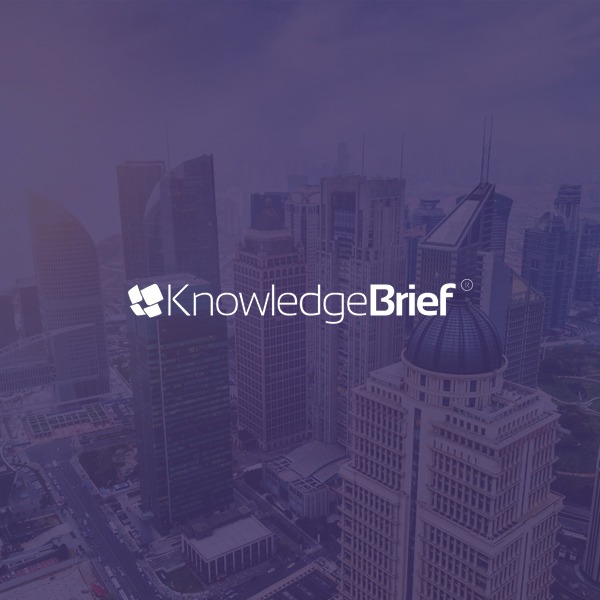Welcome to the second in a new series of brief interviews with guest experts from KnowledgeBrief’s Innovation Programmes, providing a window into the experts’ latest ideas and new advice for executives.
Jeanne Meinholt, Senior Researcher at KnowledgeBrief (KB), discussed how to Use Behavioural Strategy for Better Strategic DecisionslRaOuViHa with Dr. Claudia Nagel (CN), Hull University Business School, after our Innovation Meeting in August.
KB: What’s the key business challenge that organisations need to address, that your research tackles?
CN: The pace of change is accelerating, global connectedness is rising and adding to complexity in business as well as the need for digitization and disruptive innovations. Rather unknown territories have to be explored and quickly integrated. This leads to uncertainty on top management about the future direction of their company. This uncertainty is not only an aspect of the environment, but also affects the emotional state of the human decision maker – anxiety and fear are more prevalent than ever. Yet, as a taboo subject, the anxiety and fear of executives is never talked about – despite its evolutionary and proven signalling function. In addition, managers are more and more asked to decide and act in ambiguous situations. The emotional capacity for actively holding the inner tensions of frightening emotions as well as the outer tension of seemingly paradoxical demands is becoming more important for today’s leaders.
KB: What advice would you give to executives, based on your findings?
CN: Although the pace is rising, strategic decisions still stay long-term about the future of the organisation. The more complex the world gets the more a strategy cannot any longer be decided by only one person. It is thus very important to spend a significant amount of time on reflection in management together. Creating a safe shared reflective space for the top management team is most important – to share and debate different perspectives, insights, expectations, hopes and also anxieties on the future and the strategic vision of the corporation. Corporate strategy making is highly demanding, rationally and even more so emotionally. Only the well-trained self-reflected manager can contribute actively to the long term well-being of the organisation.
KB: How does your latest research approach this? What do the results indicate?
CN: Creating a process for safe shared space for reflection is highly demanding for action oriented managers, for whom emotions such as anxiety and fear have never been a subject to discussion. We have developed a supportive methodology using a software and an analytics tool to overcome the first hurdle and draw a picture of the future of the organisation for the top management team, which then lays the first foundation for the discussion. First applications show very promising results and help to integrate the emotional reflexivity needs carefully and smoothly into the strategy development process.
KB: What did you learn and take away from meeting with the executives in the KnowledgeBriefInnovation Programmes?
CN: I must admit that I enjoyed meeting the delegates very much, they were deeply interested and listened actively which is always a pleasure and a source of inspiration. So I would like to thank everybody for their interest in my research and contribution. My perception of both groups was very positively fuelled by their curiosity for the emotional side of cognitive biases and for paradoxical thinking – we even developed the notion of an ambivalence or ambiguity quotient. I also learnt that not all managers are afraid of talking about their fears and anxieties – this is very encouraging for my work.
With thanks to Dr. Claudia Nagel, Visiting Professor, Hull University Business School.

